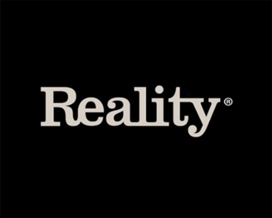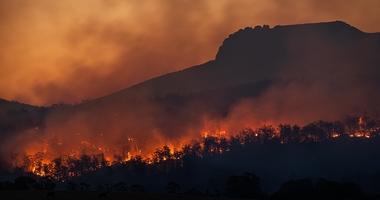
Climate 101
Build your understanding of the science behind climate change with The Climate Reality Project’s Climate 101.
We know it’s happening, and we know why: carbon pollution from fossil fuels is warming our planet and throwing natural systems out of balance.
You don’t have to look far to see the results. Hotter temperatures, stronger storms, rising seas, and so much more, threatening the health of our families and the future we pass on to generations to come.
But what’s going on and why? Let’s start here:
What’s Global Warming and Climate Change
Some people use the terms “climate change” and “global warming” interchangeably, so to get to a definition of the one, we’re going to talk about them both because they are profoundly linked but not exactly the same thing.
“‘Global warming’ refers to the long-term warming of the planet. Global temperature shows a well-documented rise since the early 20th century and most notably since the late 1970s,” according to NASA. “Worldwide, since 1880 the average surface temperature has risen about 1° C (about 2° F), relative to the mid-20th-century baseline (of 1951-1980).”
This rise in global temperatures is causing our climate – the average weather patterns for a particular region over a long period of time, typically 30 or more years – to change.
So, “climate change” is a broad, general term for these changes. It’s largely the consequence of the warming described above, and includes everything from the increasing incidence of extreme weather events like powerful hurricanes and severe drought to more frequent flooding and longer-lasting heat waves. It’s the accelerated ice melt we’re seeing in Greenland, Antarctica, and the Arctic and the related rise in global sea levels rise. It’s worsening pollen seasons, spreading vector-borne diseases, and much, much more.
Are Humans Causing Climate Change?
Put simply, here’s what we know for sure:
- We know that carbon dioxide (and other greenhouse gases) trap heat in the Earth’s atmosphere.
- And we know that humans are burning fossil fuels, releasing huge amounts of carbon pollution and trapping more and more heat in the atmosphere.
- There’s only one conclusion: humans are the primary reason the planet is warming and we see our climate changing today.

Carbon pollution from burning fossil fuels like coal, oil, and natural gas is warming our planet and causing climate change.
It’s simple: the more carbon pollution in the air, the more the sun’s energy gets trapped as heat. Which means things keep getting hotter. You’ve almost certainly heard the phrase “global warming”? In fact, the world has already gotten nearly 1°C warmer since 1880.
Warmer temperatures have real consequences for all of us—not just for polar bears. Sea levels around the world have risen nearly 20cm (7.8 inches) since 1901, swallowing entire islands and creeping closer to populated areas of great coastal cities like New York, Melbourne, and Dakar.
Plus, extreme weather events like hurricanes, floods, and droughts are becoming more frequent and intense. Witness the devastation in 2017 as Hurricane Harvey tore through the Caribbean and southern US, destroying homes and leaving millions without power for weeks and even months.
Meanwhile, Big Polluters like oil and coal companies aren’t going down without a fight. After all, they’re making billions from dirty energy while the rest of us pay to clean up their mess. That’s why they’ve spent decades running well-funded campaigns to mislead and deceive the public about what’s really happening to the planet.
These polluters — and the special-interest groups they support — are even following the exact same playbook as the tobacco industry used to confuse the public about smoking and cancer in their efforts to stifle climate protection.
But scientists aren’t confused about carbon pollution and climate change. And we shouldn’t be either. If Big Polluters are spreading lies and blocking our path to a clean-energy future, then it’s up to us to call them out and get them out of the way.
After all, our future is at stake – and we can’t leave it in the hands of a few powerful corporations.
We know carbon pollution from fossil fuels is causing global warming and disrupting our natural systems.
We know what it’s costing us. More extreme weather disasters, higher healthcare bills, and an uncertain future for our children, to name only a few. All while fossil fuel companies rake in billions.
So how do we turn this around? How do we make energy fair?
We start by pricing carbon pollution. Pricing pollution means putting a fair market price on greenhouse gas emissions so the companies responsible pay for the damage they do.
Pricing pollution isn’t just about making companies pay. It’s also about encouraging them to make better energy choices and choose cleaner alternatives like wind and solar. Because when they do, they pollute less and they pay less.
Less pollution means less climate change. Which means we all win.


